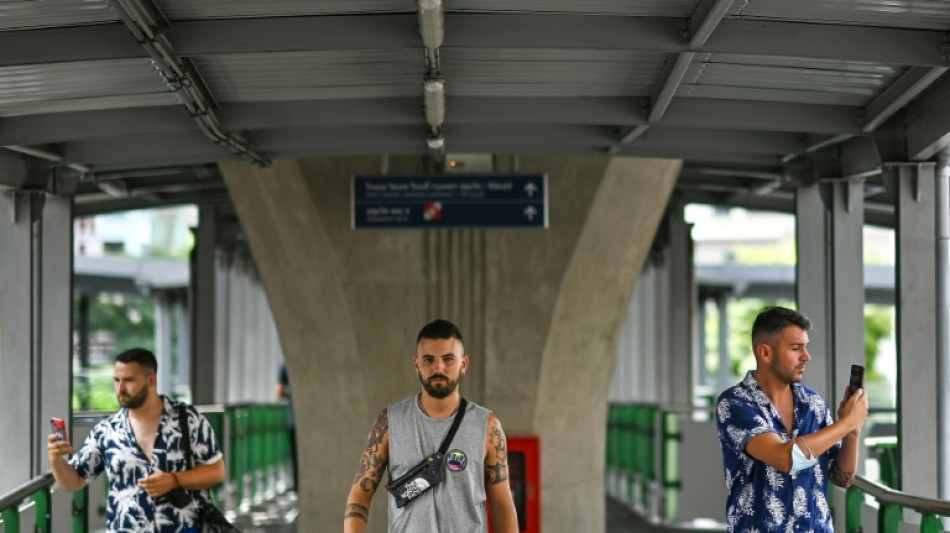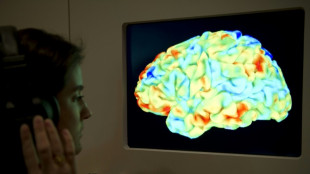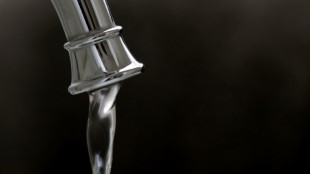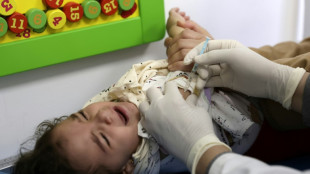

Thailand relaxes mask rule to bolster pandemic-hit tourism
Thailand has dropped rules requiring people to wear masks from Friday, the government says, as Covid-19 cases fall and the tourism-dependent kingdom seeks to lure back foreign visitors.
Face masks had been compulsory in public since mid-2021, when the country saw a wave of cases driven by the spread of the Delta variant.
But the kingdom is keen to kickstart its stuttering economy and is relaxing Covid-19 restrictions, including discarding most entry requirements from next month.
"Wearing a surgical mask or cloth mask is a voluntary practice," said Prime Minister Prayut Chan-O-Cha in a royal gazette announcement issued late Thursday.
The health ministry recommends people continue to wear face masks in crowded or poorly ventilated areas, the statement added, but there was no explicit mention of public transport.
The capital Bangkok's privately-owned metro service later announced, however, that it would still require travellers using its trains to wear masks.
The Thai government's move comes after Singapore and Cambodia also discarded rules requiring outdoor mask wearing.
It also comes ahead of the end of the "Thailand Pass" system, which required visitors to register and show proof of vaccination before entering the kingdom.
From July 1, tourists will only have to carry their vaccine certificates or take a Covid-19 test on arrival.
Thailand's economy has faltered in the last two years, with growth hammered by the bitter combination of rising living costs and Covid-19.
The kingdom has endured a precipitous drop in tourism, welcoming 1.6 million foreign tourists during the first six months of 2022, according to government data.
In the first six months of 2019, that figure was just under 20 million, the data showed.
Covid-19 cases and related deaths have now come down from a peak, with the kingdom registering around 2,500 daily infections and fewer than 50 deaths a day for more than a month.
At least three-quarters of the population are double-vaccinated, with around 40 percent also having received a booster shot.
F.Coineagan --NG



